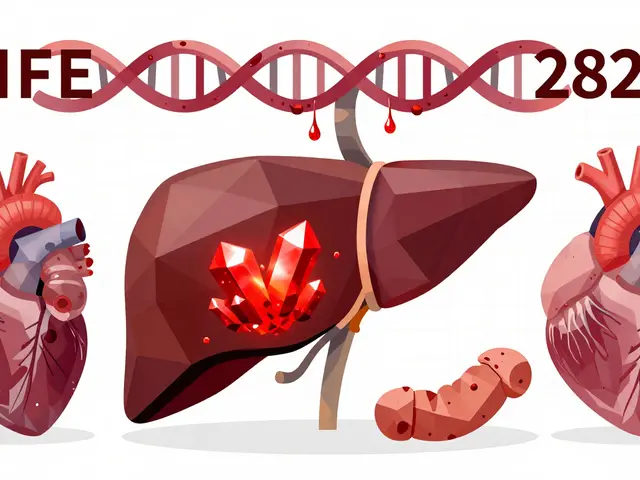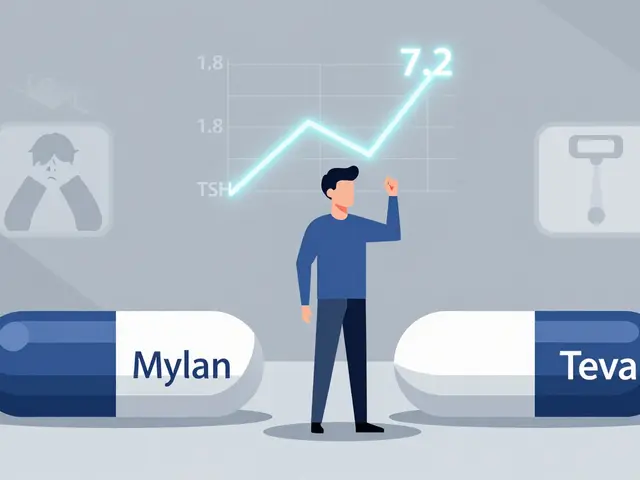Natural Health Supplements: Smart Picks for Daily Health
Natural health supplements can do a lot of good when you use them the right way. They can help fill nutrient gaps, support digestion and immunity, and ease stress or sleep problems. But don’t assume “natural” means harmless — some supplements interact with medicines or cause side effects. This guide gives clear, practical steps to pick safer products and get real benefits.
Start by naming the problem you want to solve. Low energy or little sun? Vitamin D might be the answer. Heart or brain support? Look for high‑quality omega‑3 (EPA/DHA). Gut issues often respond to probiotics like kefir or specific strains such as Lactobacillus and Bifidobacterium. Trouble sleeping or muscle cramps? Magnesium (glycinate or citrate) is worth considering. Feeling chronically stressed? Adaptogens like ashwagandha can help some people, but they’re not for everyone.
Quality matters more than marketing. Check for third‑party testing from USP, NSF, or ConsumerLab so you know what’s actually in the bottle. Avoid vague “proprietary blends” that hide doses. Real labels list active amounts (for example, 1000 IU vitamin D3, 500 mg magnesium). Look for simple ingredient lists and avoid fillers, artificial colors, or excessive sugars — especially in gummies.
Safety checks should be routine. Tell your doctor or pharmacist about every supplement you take. Natural products can change how prescription drugs work: St. John’s wort lowers levels of many medicines; high vitamin K affects warfarin; and grapefruit interacts with several common drugs. Start with a low dose for a couple of weeks to watch for side effects, then adjust if needed.
Smart Buying Tips
Buy from reputable sellers or the brand’s verified site. Check reviews, but prioritize consistent testing proof over flashy ads. Look at expiration dates, batch codes, and an easy return policy. Avoid products that promise instant cures or have no contact info. If a seller asks you to mix multiple high‑dose supplements at once, be cautious — less is often safer.
Think about form and absorption. Vitamin D3 is usually better absorbed than D2. Omega‑3s in triglyceride form absorb more easily than ethyl esters. If swallowing pills is hard, powders or liquids work, but watch serving sizes and added sugars. For long‑term use, pick forms that match your goals and lifestyle.
Quick Daily Rules
Aim for food first; use supplements to fill gaps. Introduce one product at a time so you can spot effects. Keep a simple log with dose, start date, and any changes in symptoms. Consider basic blood tests (vitamin D, B12, iron) before using high‑dose supplements. If anything causes new symptoms, stop and check with your healthcare provider.
Natural supplements can help, but only when chosen carefully. Use the checks above, keep your care team informed, and expect gradual benefits rather than instant fixes. Small, steady choices win over trendy stacks and risky shortcuts.
I recently discovered Angostura, a hidden treasure in the world of natural health supplements. This amazing plant-based product offers numerous health benefits, including aiding digestion, boosting the immune system, and promoting overall wellness. I was pleasantly surprised by how easily it can be incorporated into my daily routine. I'm excited to continue exploring its potential and sharing my findings with all of you. Give Angostura a try and experience the wonders of this natural health supplement for yourself!
Continue reading...






